Optimal Timing for Waterproofing Projects
Waterproofing is a crucial process to protect structures from water intrusion, which can cause structural damage, mold growth, and other issues. The optimal timing for waterproofing depends on various factors including climate, construction schedules, and specific project requirements. Proper timing ensures maximum effectiveness and longevity of the waterproofing system.
Spring offers moderate temperatures and lower humidity, ideal for waterproofing application and curing processes.
Summer provides warm weather but requires precautions against high temperatures and intense sunlight during application.
Fall is suitable when temperatures are cooler and precipitation levels are lower, reducing risks of water intrusion during curing.
Winter waterproofing is generally avoided due to freezing temperatures that hinder proper application and curing.
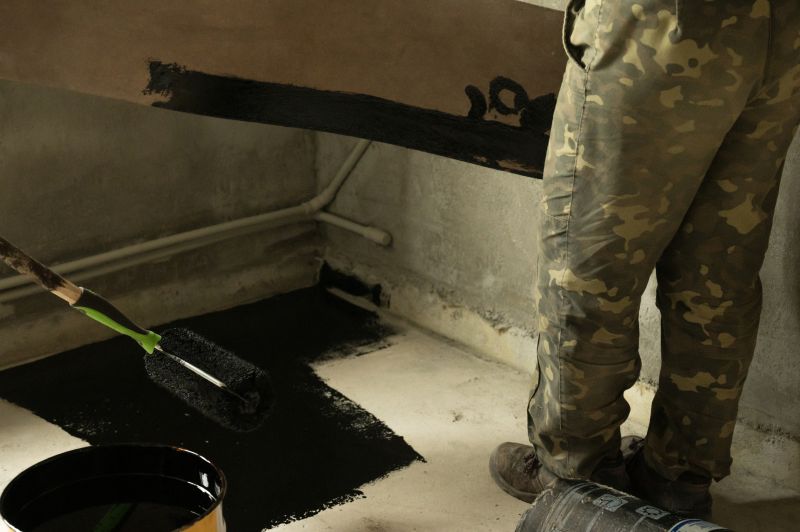
Ways to make Waterproofings work in tight or awkward layouts.
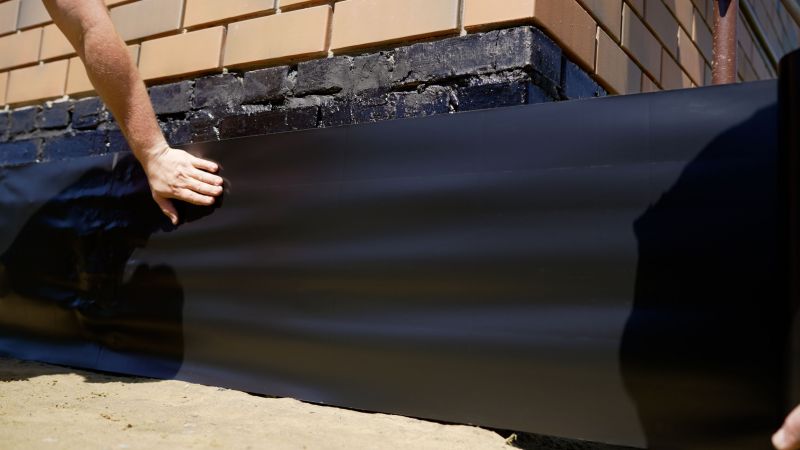
Popular materials for Waterproofings and why they hold up over time.
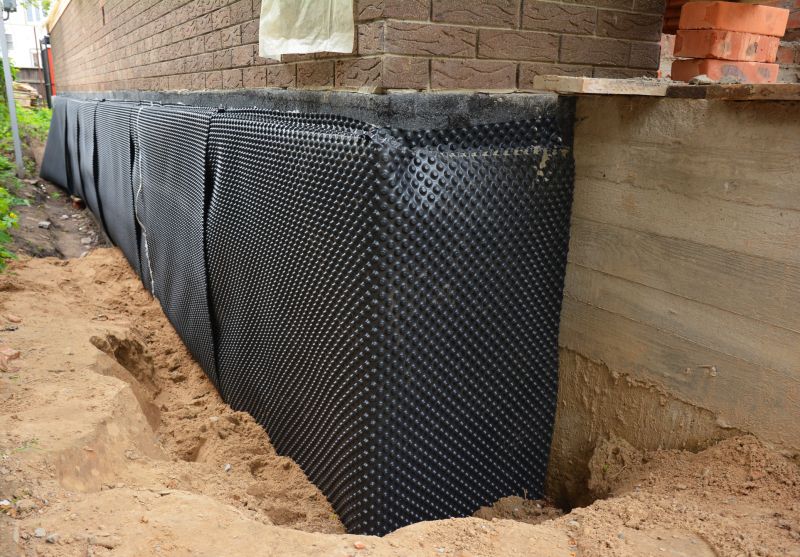
Simple add-ons that improve Waterproofings without blowing the budget.
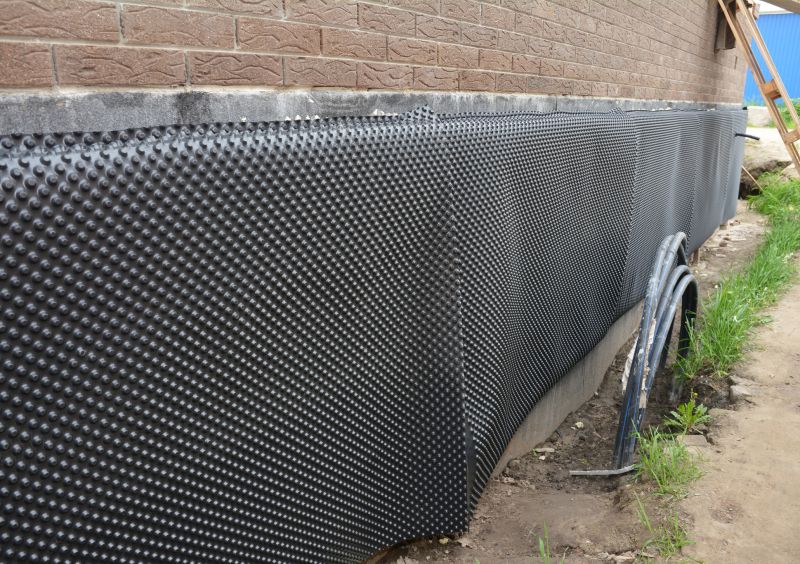
High-end options that actually feel worth it for Waterproofings.
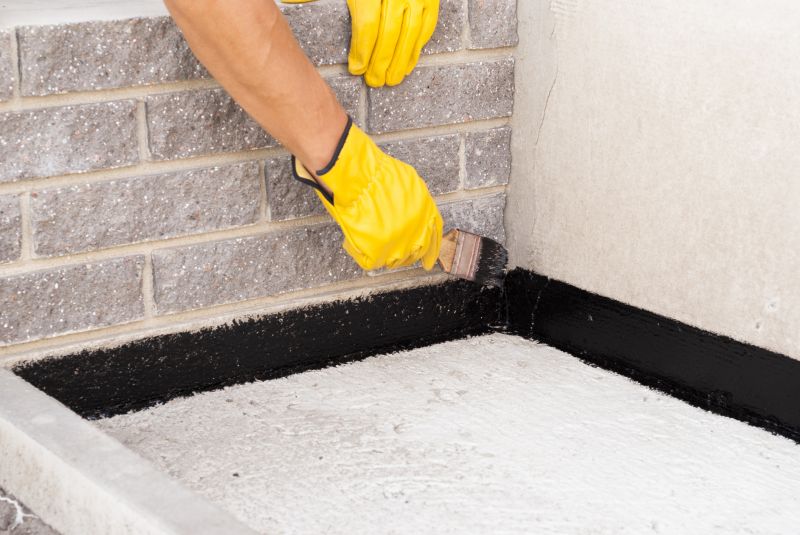
Finishes and colors that play nicely with Waterproofings.
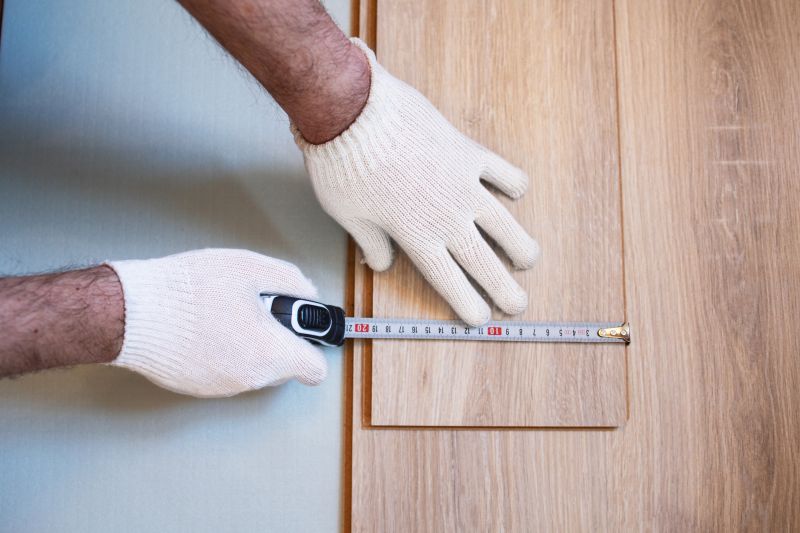
Little measurements that prevent headaches on Waterproofings day.
| Season | Ideal Conditions |
|---|---|
| Spring | Moderate temperatures, low humidity |
| Summer | Warm weather, avoid peak heat hours |
| Fall | Cooler temperatures, dry conditions |
| Winter | Freezing temperatures, generally unsuitable |
Waterproofings are essential for maintaining the integrity of structures exposed to moisture. Proper application at the right time prevents water ingress, which can lead to costly repairs and structural issues. Advances in waterproofing technology have increased durability and effectiveness, making timing even more critical to ensure optimal results.
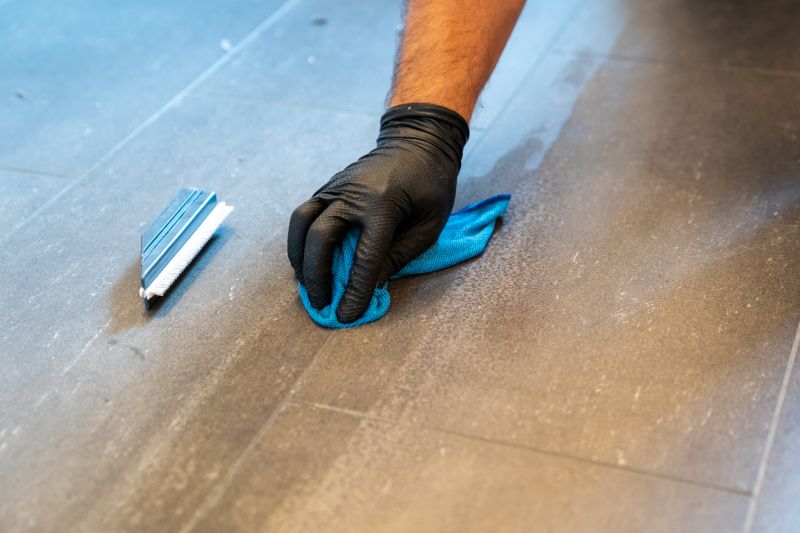
A 60-second routine that keeps Waterproofings looking new.
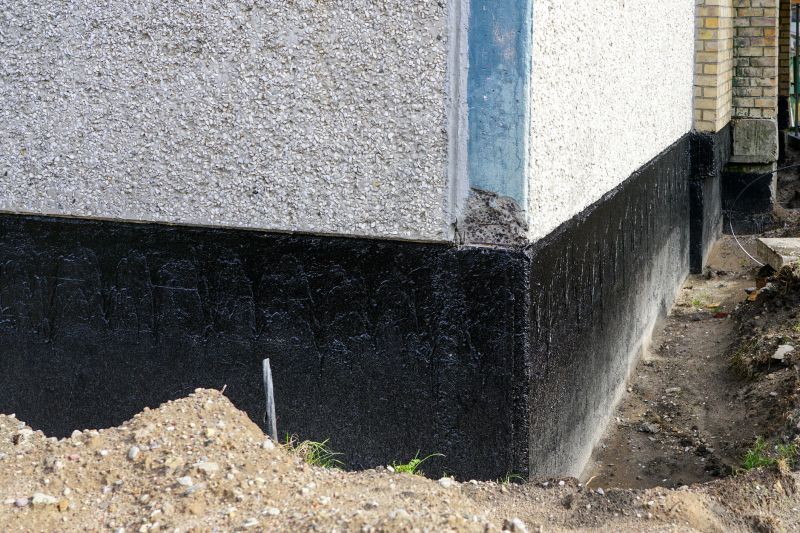
A frequent mistake in Waterproofings and how to dodge it.
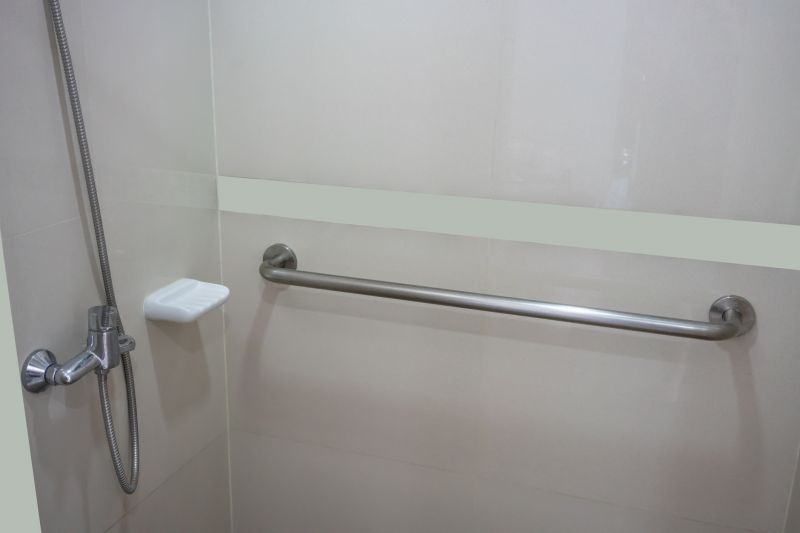
Small tweaks to make Waterproofings safer and easier to use.
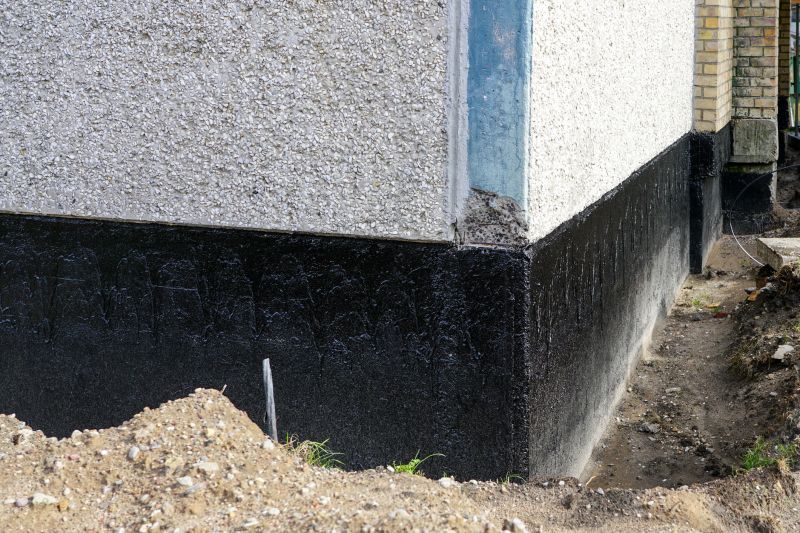
Lower-waste or water-saving choices for Waterproofings.
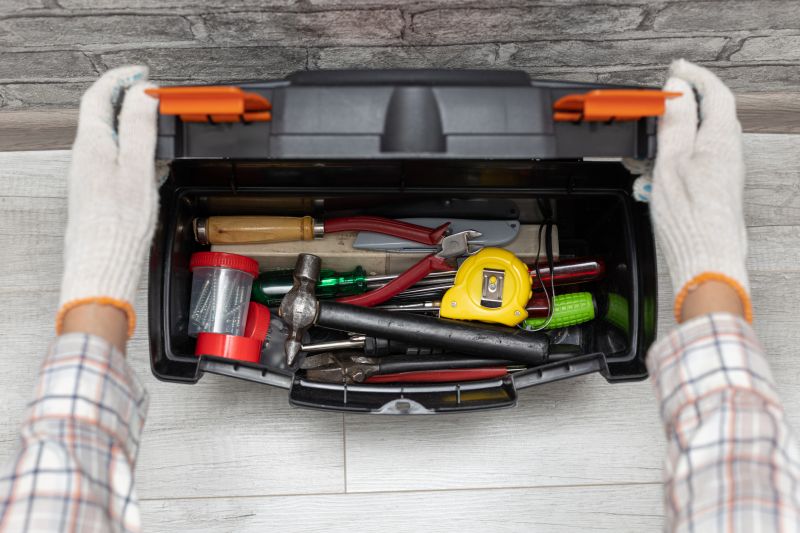
The short, realistic tool list for quality Waterproofings.
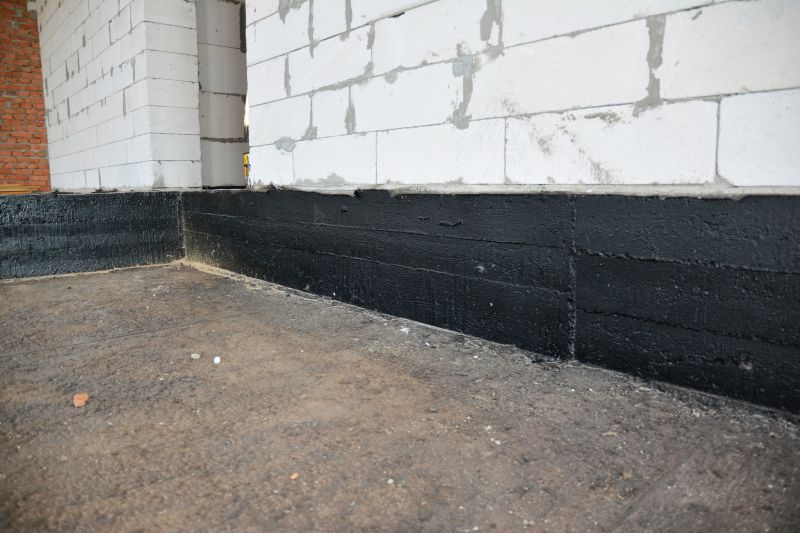
Rough timing from prep to clean-up for Waterproofings.
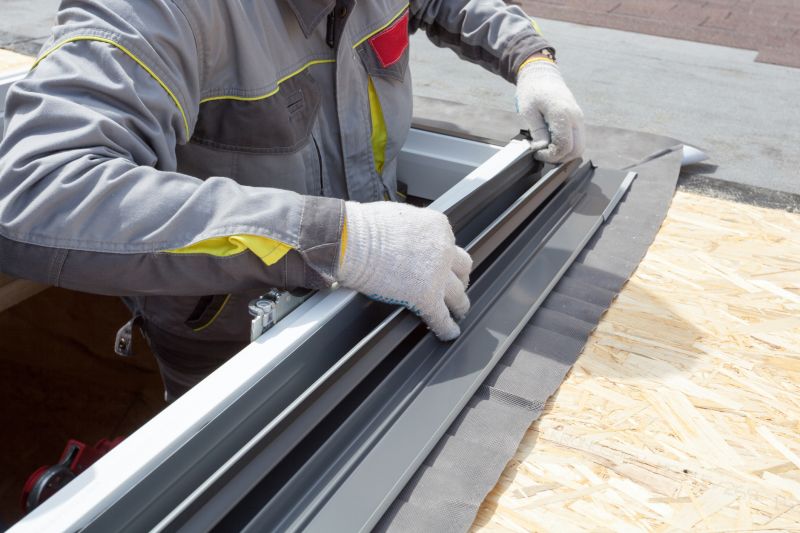
Quick checks and paperwork to keep after Waterproofings.
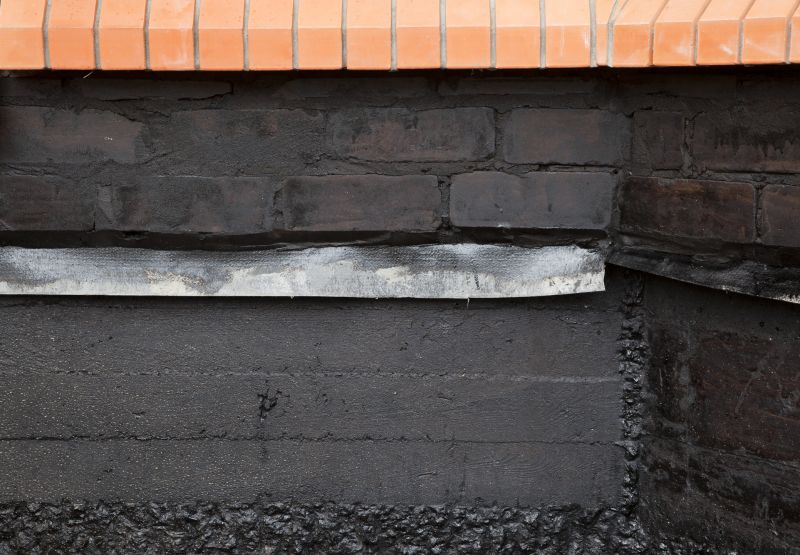
Examples that show the impact a good Waterproofings can make.
Interested parties are encouraged to contact for more information about waterproofing options and scheduling. Proper timing and application techniques are vital for ensuring long-lasting protection against water damage.

